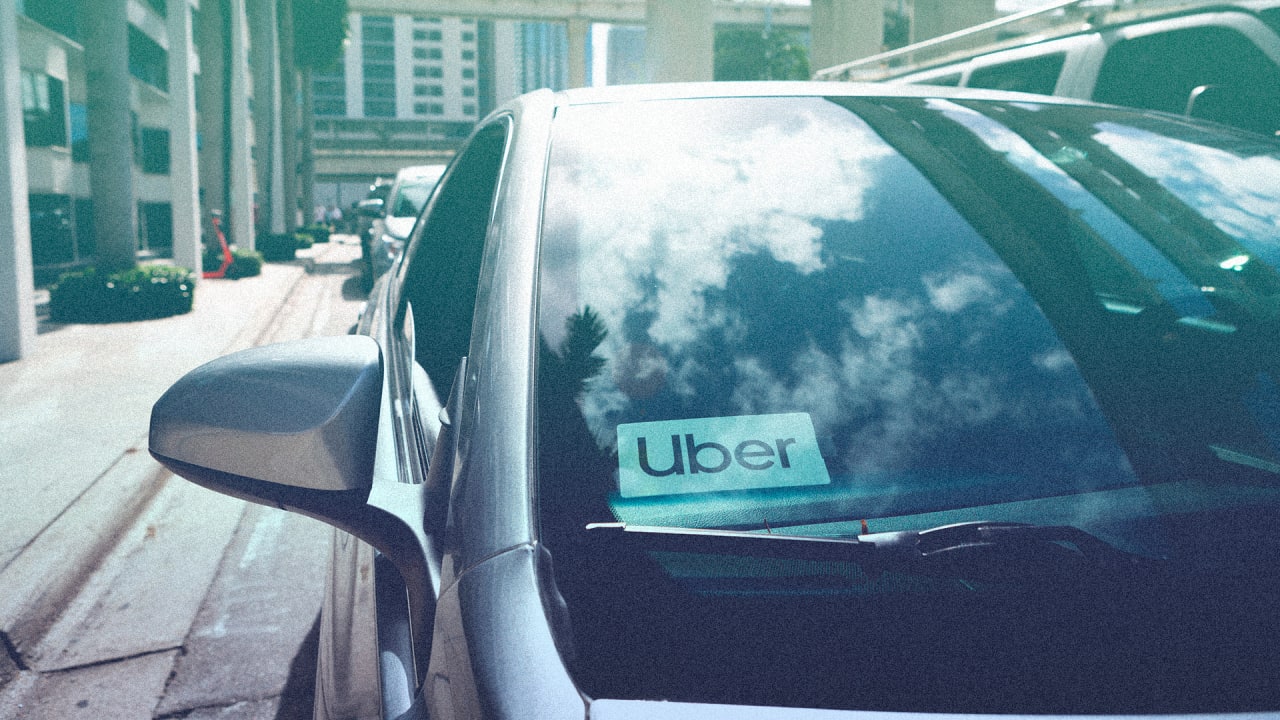A judge ruled that Uber doesn’t need to provide wheelchair-accessible
Uber isn’t violating federal law by not providing wheelchair-accessible vehicles in all of its markets, a U.S. judge said this week.
U.S. District Chief Judge Richard Seeborg of the federal court in San Francisco ruled on Monday against two plaintiffs from New Orleans and one from Jackson, Mississippi, who use electric wheelchairs and argued that the ride-hailing company’s failure to provide accessible vehicles in their cities amounts to a violation of the Americans with Disabilities Act.
In a response to the court’s decision, an Uber spokesperson said in a statement: “We welcome the outcome and are proud of our efforts to improve accessibility for all users, including through Uber WAV.”
The ruling marks a win for the ride-hailing giant, which has been criticized by disability advocates for allegedly not providing equal service for riders who need accommodation. It comes days after the company agreed to pay more than $2 million and waive some wait-time fees in order to settle a case with the Department of Justice that claimed the company violated the ADA by charging customers with disabilities wait time fees if they took longer than two minutes to reach their vehicle.
“This agreement sends a strong message that Uber and other ridesharing companies will be held accountable if their services discriminate against people with disabilities,” Assistant Attorney General Kristen Clarke of the Justice Department’s Civil Rights Division said in a statement following that settlement.
The company currently offers wheelchair-accessible cars through its UberWAV program in a handful of cities, including Chicago, New York City, and Philadelphia.
But in Monday’s ruling, Seeborg said that requiring Uber to implement wheelchair accessible vehicle service in every town would be “unreasonable” due to the burden of costs. Servicing such a commercial fleet in New Orleans, for example, would cost Uber $800,000 annually (about $400 per ride), the company claims.
Seeborg added that even if Uber invested in accessible vehicles, users in need would likely face significant wait times as well as unreliable UberWAV service hours. (Estimates suggested UberWAV would be available 16 hours per day on weekdays and 10 hours per day on weekends, meaning there would be large gaps of time in which no UberWAV service was available.)
“The anticipated cost here is too high for the limited service that would result, making the proposed modification unreasonable,” Seeborg wrote.
Scott Crawford, one of the lead plaintiffs on the case, says the court’s decision ends up placing the burden on people with disabilities and their lawyers.
“This is something that the Mississippi Legislature should remedy next session,” he said in an email to Fast Company. “I submit that if Uber is unwilling to ‘lift a finger’ to provide wheelchair-accessible service in its Capital City (the largest metro area of Mississippi), they don’t deserve to do business here at all.”
Crawford added that “nobody really thinks” that the legislature would take up the bill, but he’s still trying to push the cause.

Uber isn’t violating federal law by not providing wheelchair-accessible vehicles in all of its markets, a U.S. judge said this week.
U.S. District Chief Judge Richard Seeborg of the federal court in San Francisco ruled on Monday against two plaintiffs from New Orleans and one from Jackson, Mississippi, who use electric wheelchairs and argued that the ride-hailing company’s failure to provide accessible vehicles in their cities amounts to a violation of the Americans with Disabilities Act.
In a response to the court’s decision, an Uber spokesperson said in a statement: “We welcome the outcome and are proud of our efforts to improve accessibility for all users, including through Uber WAV.”
The ruling marks a win for the ride-hailing giant, which has been criticized by disability advocates for allegedly not providing equal service for riders who need accommodation. It comes days after the company agreed to pay more than $2 million and waive some wait-time fees in order to settle a case with the Department of Justice that claimed the company violated the ADA by charging customers with disabilities wait time fees if they took longer than two minutes to reach their vehicle.
“This agreement sends a strong message that Uber and other ridesharing companies will be held accountable if their services discriminate against people with disabilities,” Assistant Attorney General Kristen Clarke of the Justice Department’s Civil Rights Division said in a statement following that settlement.
The company currently offers wheelchair-accessible cars through its UberWAV program in a handful of cities, including Chicago, New York City, and Philadelphia.
But in Monday’s ruling, Seeborg said that requiring Uber to implement wheelchair accessible vehicle service in every town would be “unreasonable” due to the burden of costs. Servicing such a commercial fleet in New Orleans, for example, would cost Uber $800,000 annually (about $400 per ride), the company claims.
Seeborg added that even if Uber invested in accessible vehicles, users in need would likely face significant wait times as well as unreliable UberWAV service hours. (Estimates suggested UberWAV would be available 16 hours per day on weekdays and 10 hours per day on weekends, meaning there would be large gaps of time in which no UberWAV service was available.)
“The anticipated cost here is too high for the limited service that would result, making the proposed modification unreasonable,” Seeborg wrote.
Scott Crawford, one of the lead plaintiffs on the case, says the court’s decision ends up placing the burden on people with disabilities and their lawyers.
“This is something that the Mississippi Legislature should remedy next session,” he said in an email to Fast Company. “I submit that if Uber is unwilling to ‘lift a finger’ to provide wheelchair-accessible service in its Capital City (the largest metro area of Mississippi), they don’t deserve to do business here at all.”
Crawford added that “nobody really thinks” that the legislature would take up the bill, but he’s still trying to push the cause.
